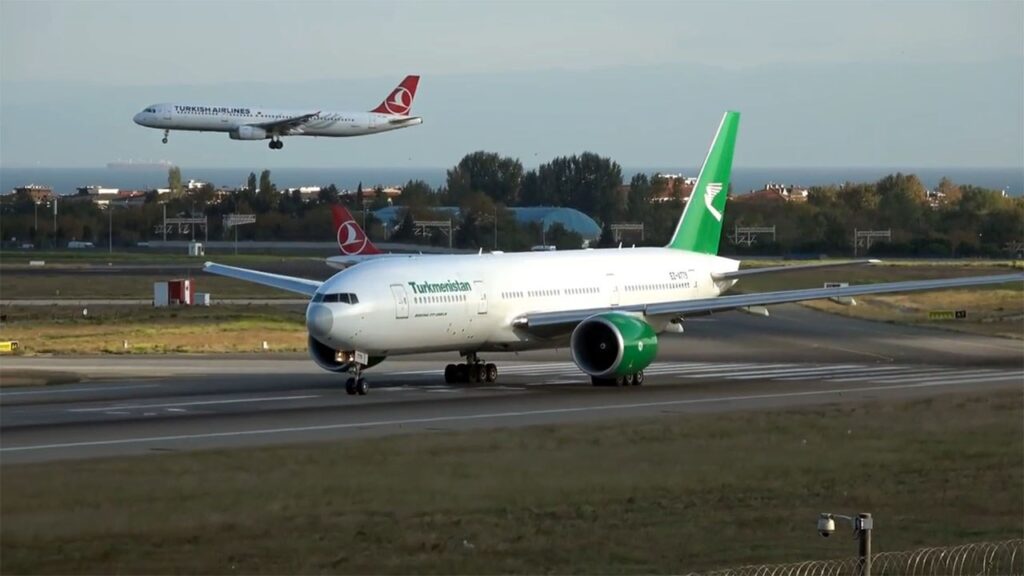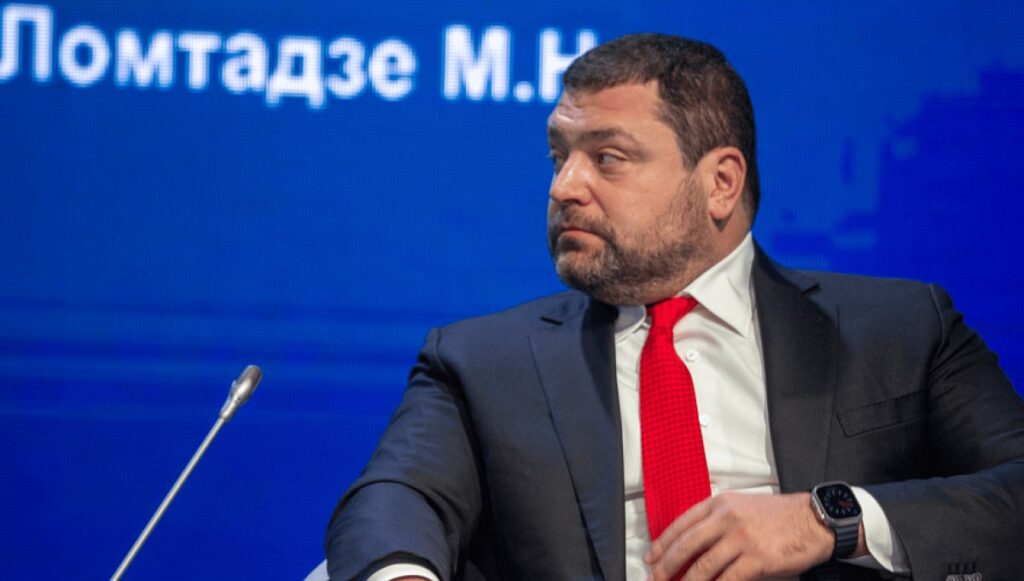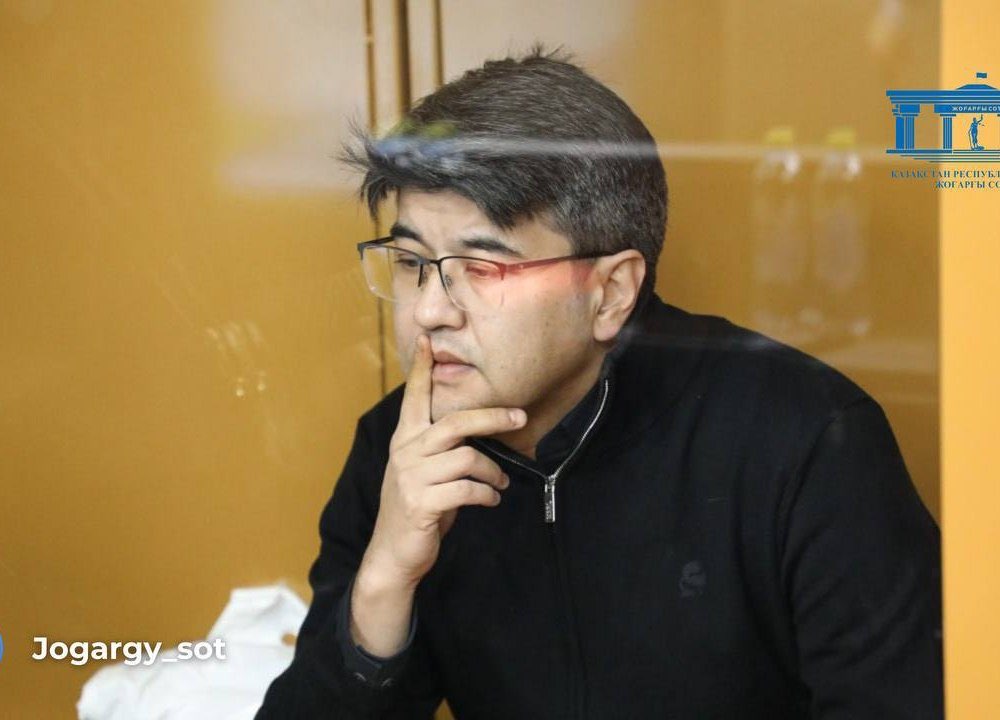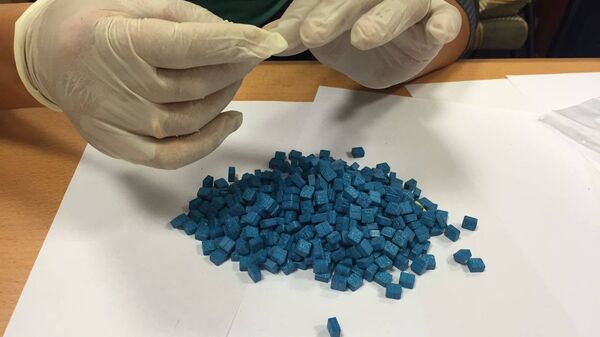Citizens of Turkmenistan Being Prevented From Flying Abroad
Cases of citizens of Turkmenistan flying abroad being prevented from boarding the plane just before departure are becoming more frequent. This is according to a report by Azatlyk Radiosy, Radio Free Europe/Radio Liberty’s affiliate in Turkmenistan.
Those who managed to leave say that they were interviewed by officials at the airport, and forced to pledge not to talk about the problems inside Turkmenistan, but rather to praise the country.
According to the publication, Turkmen citizens have faced various difficulties when traveling abroad for several years. It now takes as long as two years to receive a biometric passport, which is only issued inside the country. Obtaining a foreign visa and purchasing tickets also involves unnecessary bureaucratic hassle.
Among Turkmen citizens having difficulties leaving their home country are many who had been forced to return home when their passports expired — and are now planning to leave again. “According to government instructions, security officers don’t let such citizens out of the country. Border guards create various problems for citizens at the airport, do not let them on the plane and force them to return,” said someone who themselves had been prevented from leaving Turkmenistan. Citizens are not being reimbursed for all of the associated costs of their planned — and then canceled — trips abroad.
Noted Radio Azatlyk in its report: “Cases of passengers leaving Turkmenistan, including migrant workers and citizens going to study abroad, being taken off flights have happened before. Representatives of the migration service have never officially commented on the situation. But the bans were reported anonymously at various times by sources in the migration service. In 2018, young women were banned from leaving the country, and then all citizens under the age of 40 were removed from flights en masse. When introducing and removing such bans, instructions are given verbally.”








